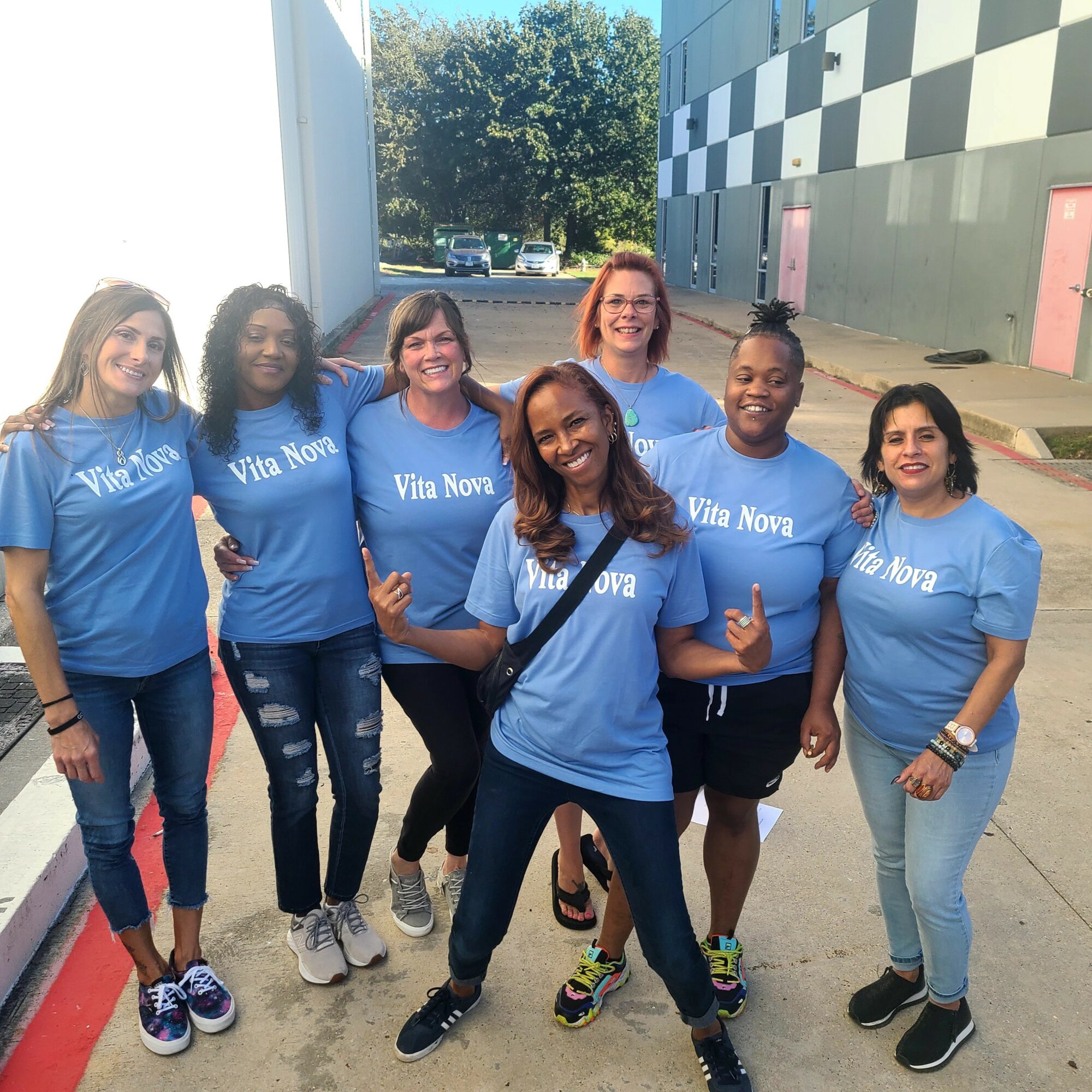

We’re looking forward to introducing you to Rachel Labus. Check out our conversation below.
Rachel, so good to connect and we’re excited to share your story and insights with our audience. There’s a ton to learn from your story, but let’s start with a warm up before we get into the heart of the interview. What do you think others are secretly struggling with—but never say?
On my journey of running my organization, I have been challenged with thinking I was “smart”. I will say that I have learned humility early on and it has saved me every time. As I now begin to see the strides that I have taken, I am more keenly aware that others are struggling with the same challenge. However, so many people I have come across are so tied to what I would call “saving face”, that the humility is not there. I am not here to be judgmental towards others, it’s just a reminder to myself that if I don’t take my own temperature periodically, I can get stuck in a position that doesn’t offer room for growth. I needed to learn that I don’t know everything and that keeps me flourishing.
Can you briefly introduce yourself and share what makes you or your brand unique?
Absolutely! My name is Rachel Wright Labus, and I’m the Executive Director and founder of Vita Nova Supportive Housing — a nonprofit in Fort Worth that provides safe, structured housing for women recovering from substance use disorders. I’m also a recovery coach, peer support specialist, violin player, mother of three, and proud Gigi to one amazing grandson.
The name Vita Nova means “New Life” in Latin, and that’s exactly what we’re about — creating spaces where women can rewrite their story, restore their dignity, and reconnect to their purpose. What makes us different is that we don’t just offer beds; we offer community, accountability, spiritual healing, and long-term support. We walk with our residents from brokenness to breakthrough, and we do it with compassion, structure, and a whole lot of prayer.
Right now, we’re in an exciting season of growth. We’re launching a county-wide alliance to unite recovery homes and support organizations across Tarrant County so we can share referrals, advocate for our clients, and raise the standard of care. I believe recovery isn’t just a personal journey — it’s a community responsibility.
My story is one of second chances, deep faith, and a relentless calling to help others find their way home to themselves. What started with a single house and a big dream has now become a movement — and I’m just getting started.
Great, so let’s dive into your journey a bit more. What was your earliest memory of feeling powerful?
I can’t exactly put a date on this answer, but I can say that this journey has been a peeling back of layers of self-discovery and purpose. Power, in my experience, is a multi-layered resource and that comes from my creator and from within. Starting my recovery was my first real taste of the power from within. It gave me choice from a place of gratitude, which changed my perspective on my inner power. Losing the internal chaos of making others happy and finding what fills me was a powerful adjustment. Most recently, my creator has given me another level of power that can only be received through faith and trust. Which in my experience has been the greatest power ever gifted to me, but I had to work for it through perseverance, patience and willingness.
Was there ever a time you almost gave up?
Absolutely! I sometimes want to give up weekly. In the people support business, many fall off because working with a human being’s complex personality can be overwhelming at times.
Next, maybe we can discuss some of your foundational philosophies and views? What’s a belief you used to hold tightly but now think was naive or wrong?
I used to hold a no tolerance belief in most mental health prescriptions. I felt this society was overly medicated due to the need for instant “relief”. Until one day my own daughter experienced some mental health challenges and I was immersed in the world of psychiatry. I really had to educate myself and reconsider my stance on a firm “NO” to “well maybe”. It is really all about education and walking with the individual through their challenges. Now I haven’t made a full 180 degree change on my perspective, but now I can see the benefit of seeking help and having a team of people help navigate the complexities of mental health.
Okay, so let’s keep going with one more question that means a lot to us: If immortality were real, what would you build?
I would build a Recovery Sanctum that thousands of people could get recovery support under one roof. It would incorporate housing, peer support, recovery activities, a gym, auditorium, classrooms, thrift store, playground, library, offices for supporting organizations, garden, walking paths, even a pet fostering building. We would focus housing on women and women with children, but the main building would cater to all who need recovery support.
Contact Info:
- Website: https://vitanovatransitionalhousing.org/
- Linkedin: https://www.linkedin.com/in/rachel-wright-labus-b03bab332/
- Facebook: https://www.facebook.com/vitanovatransitionalliving/
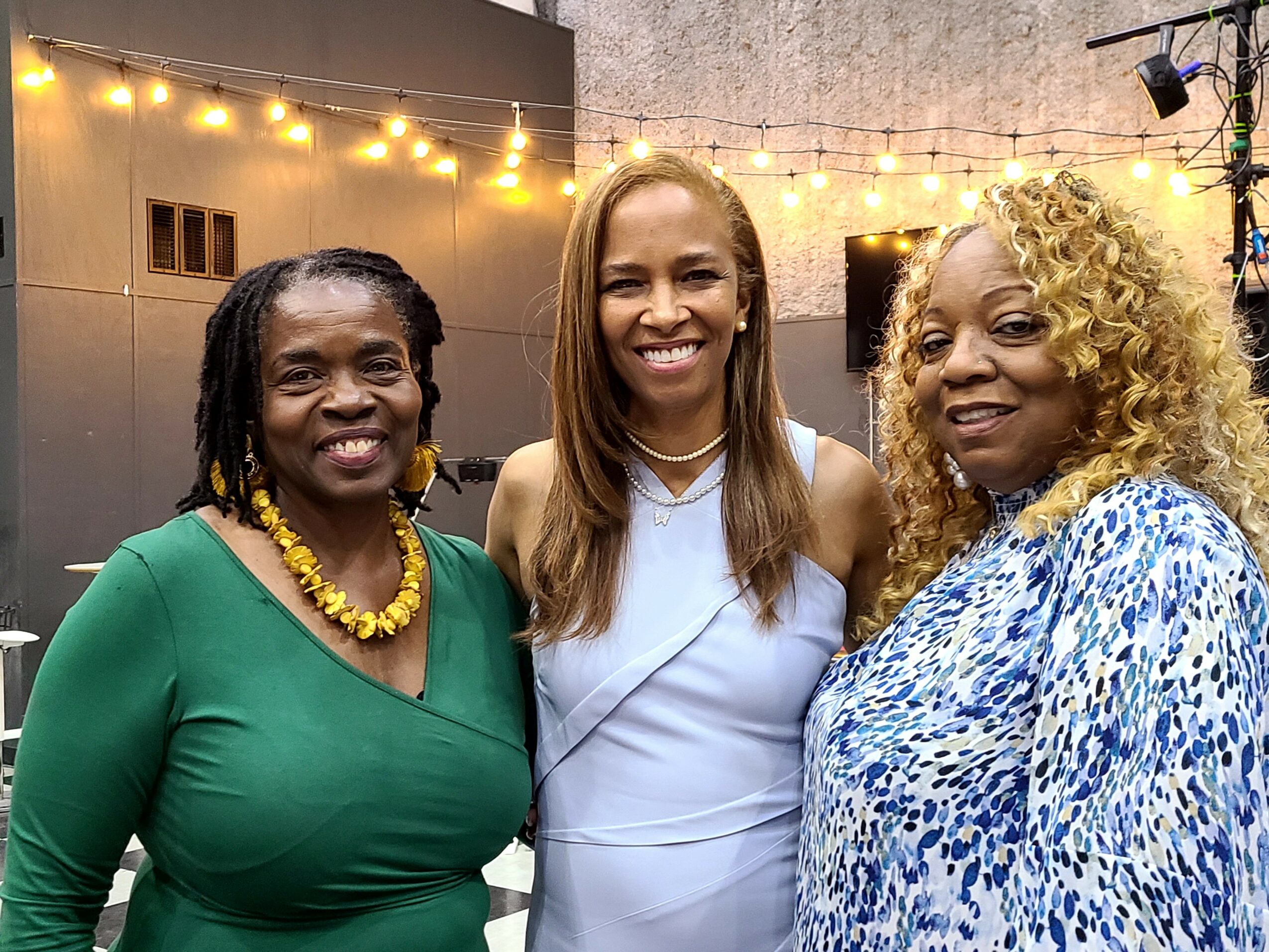
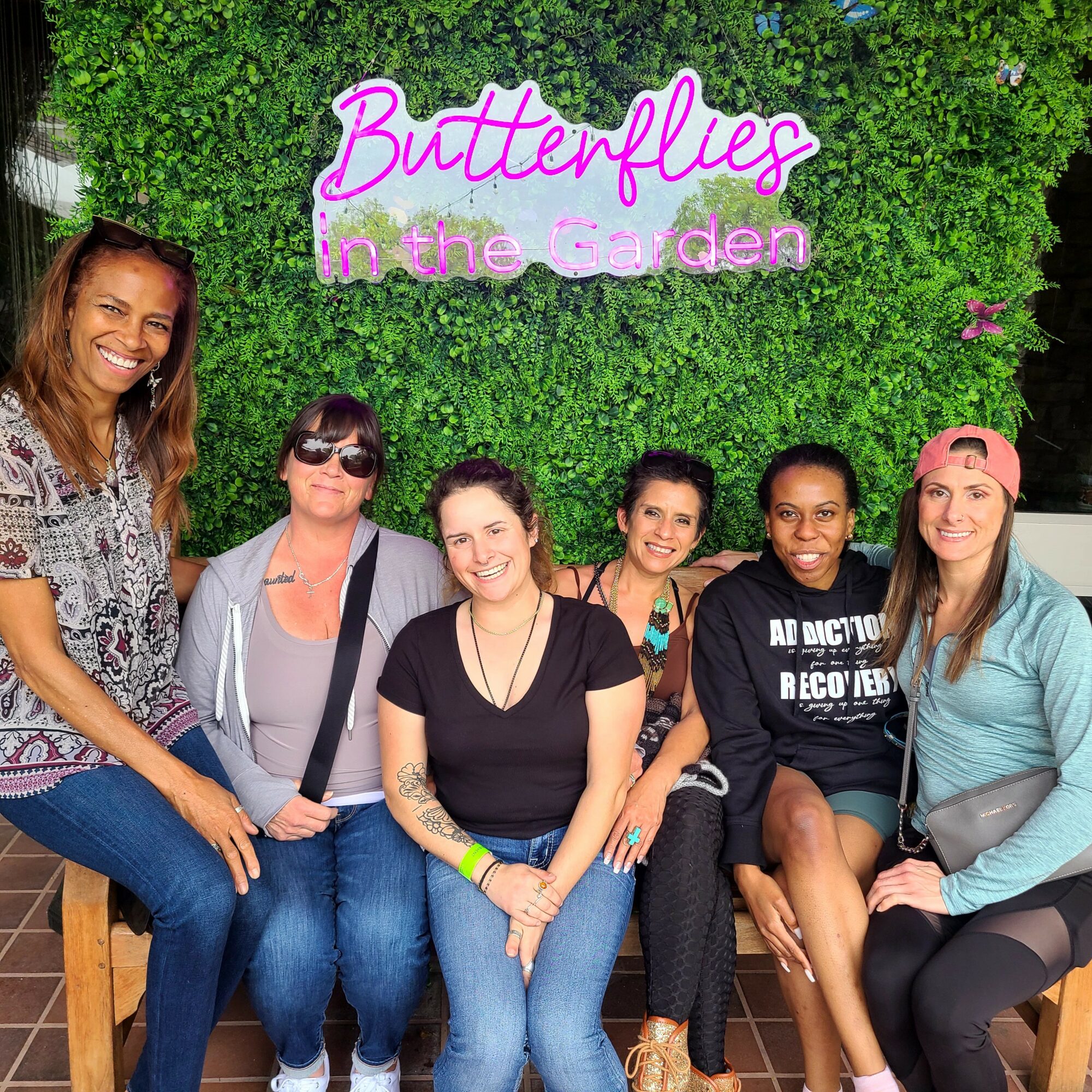
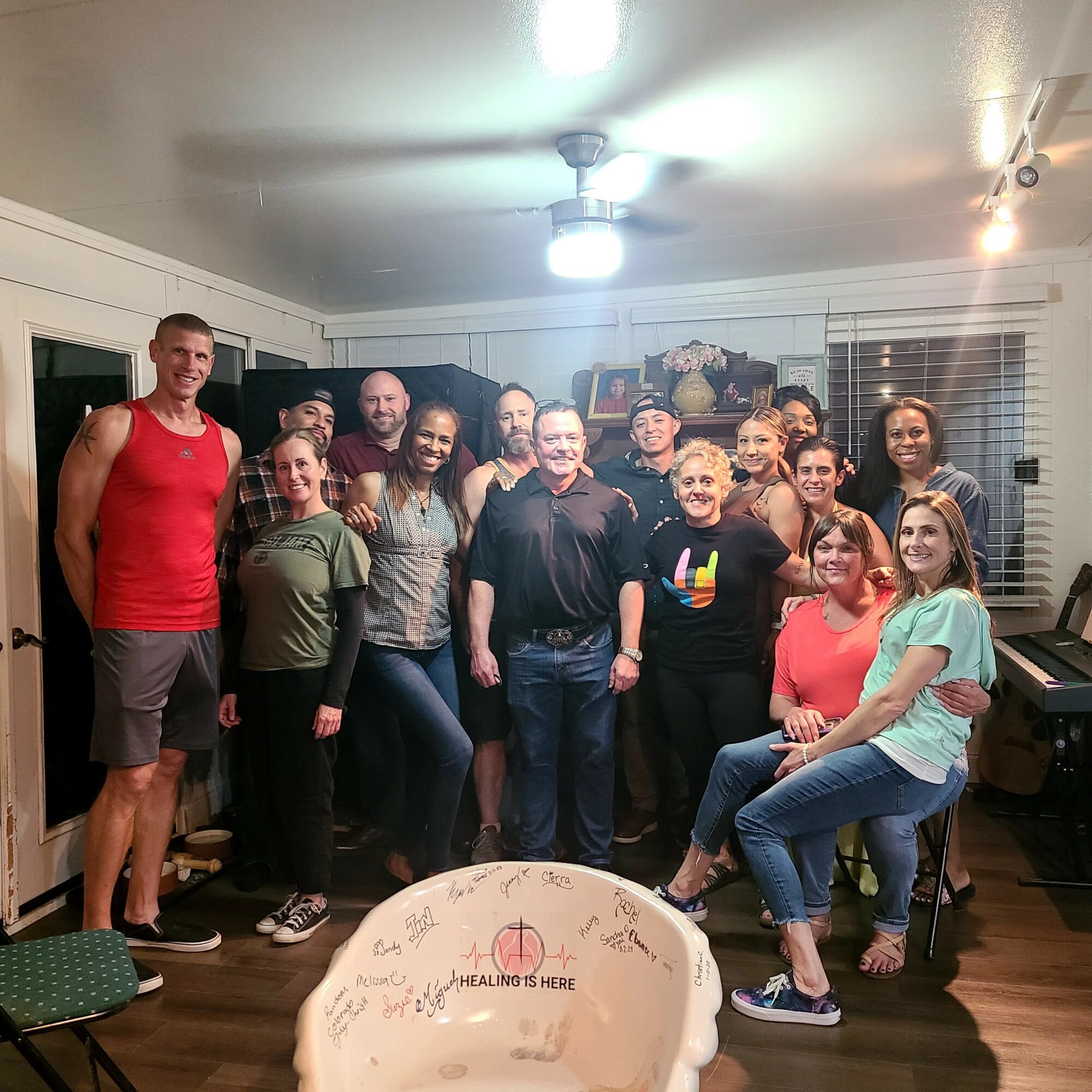
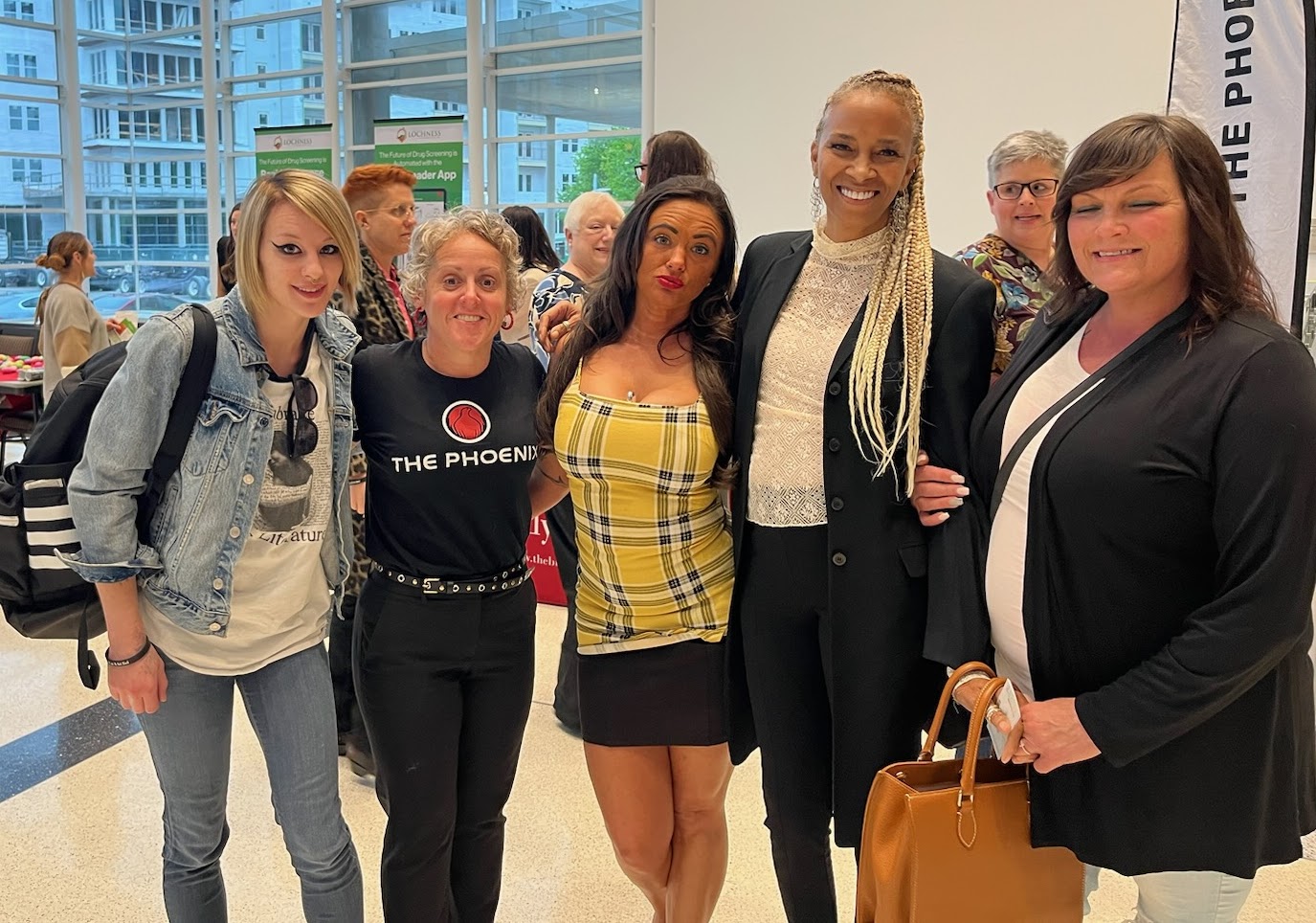
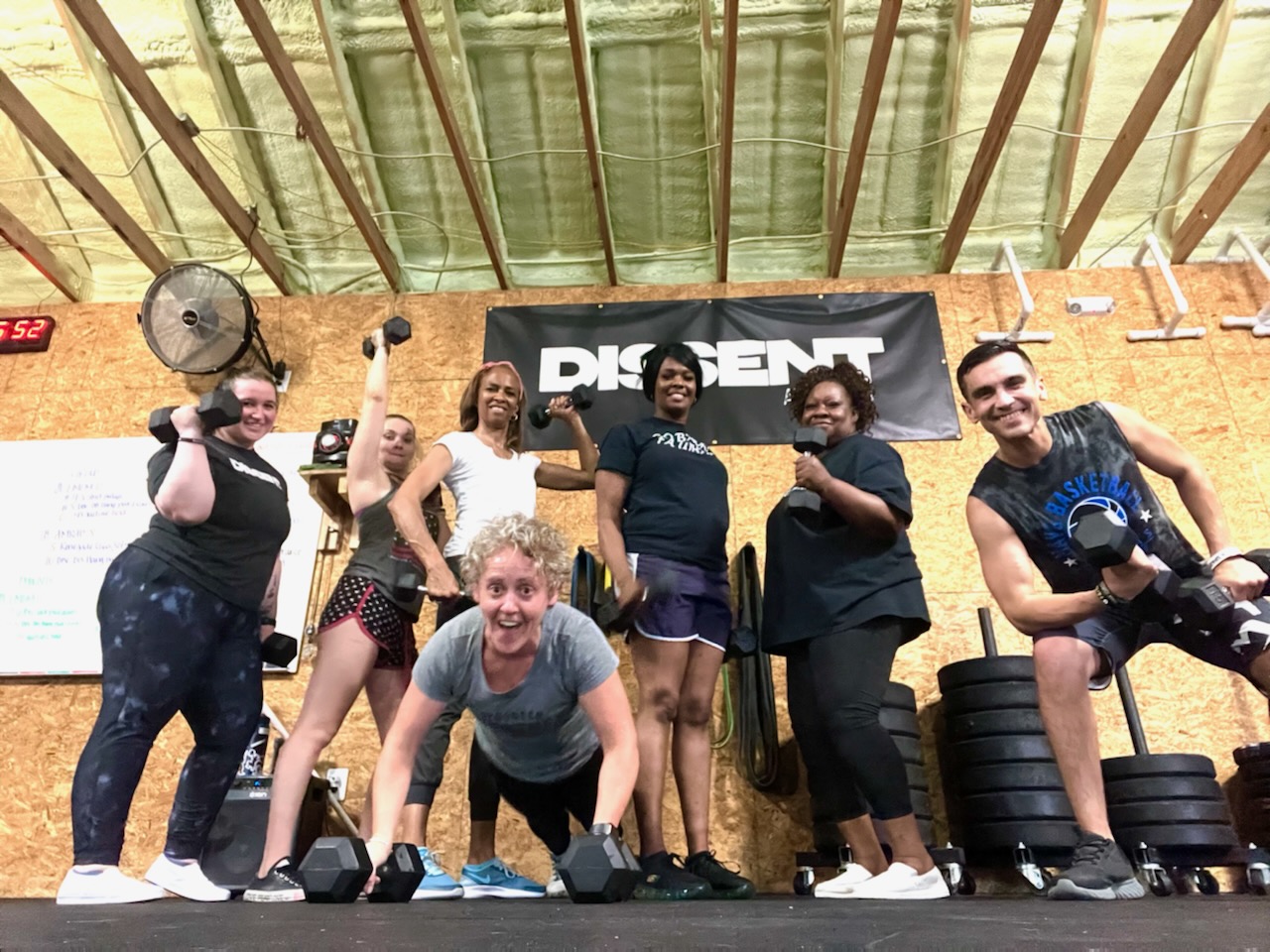
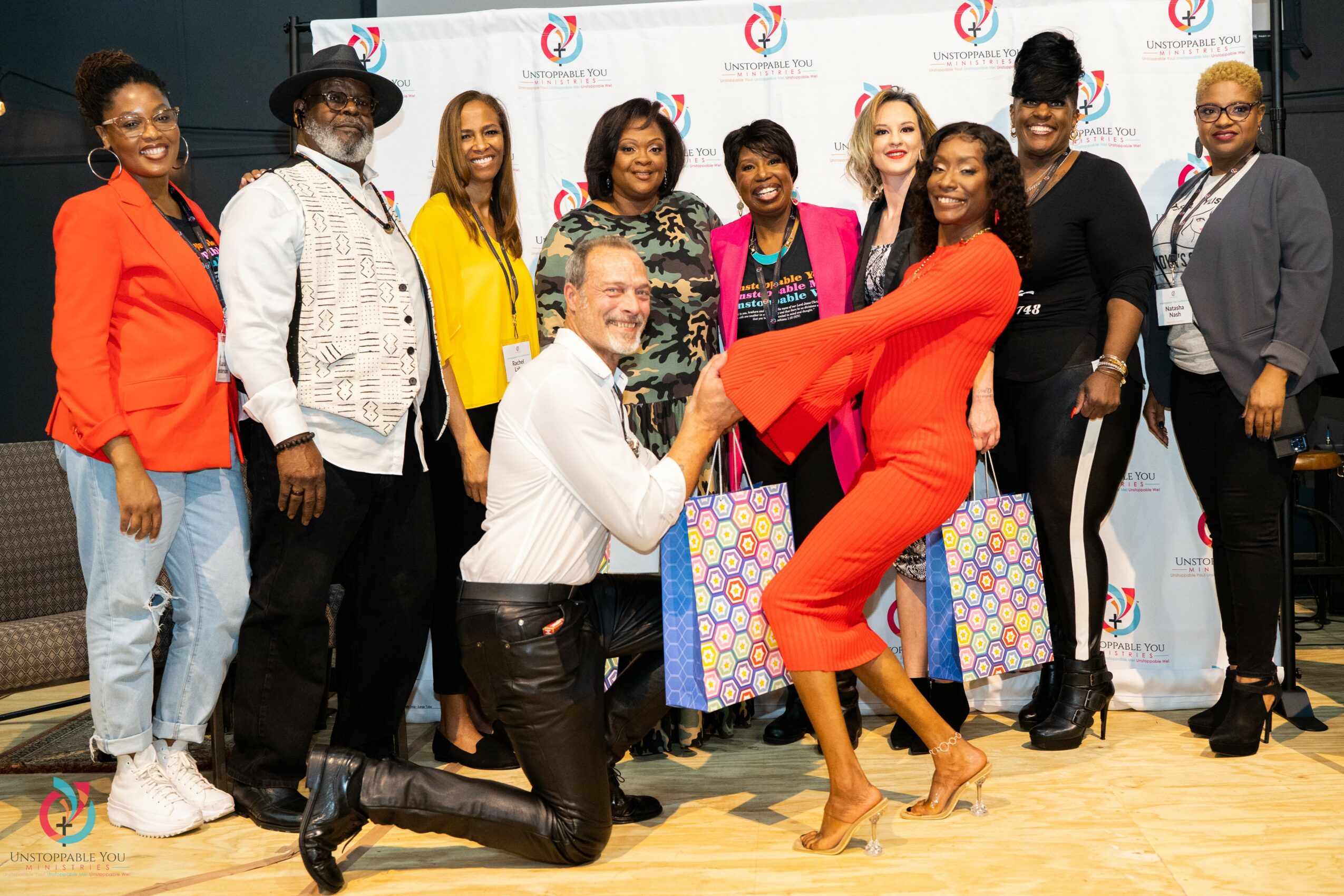
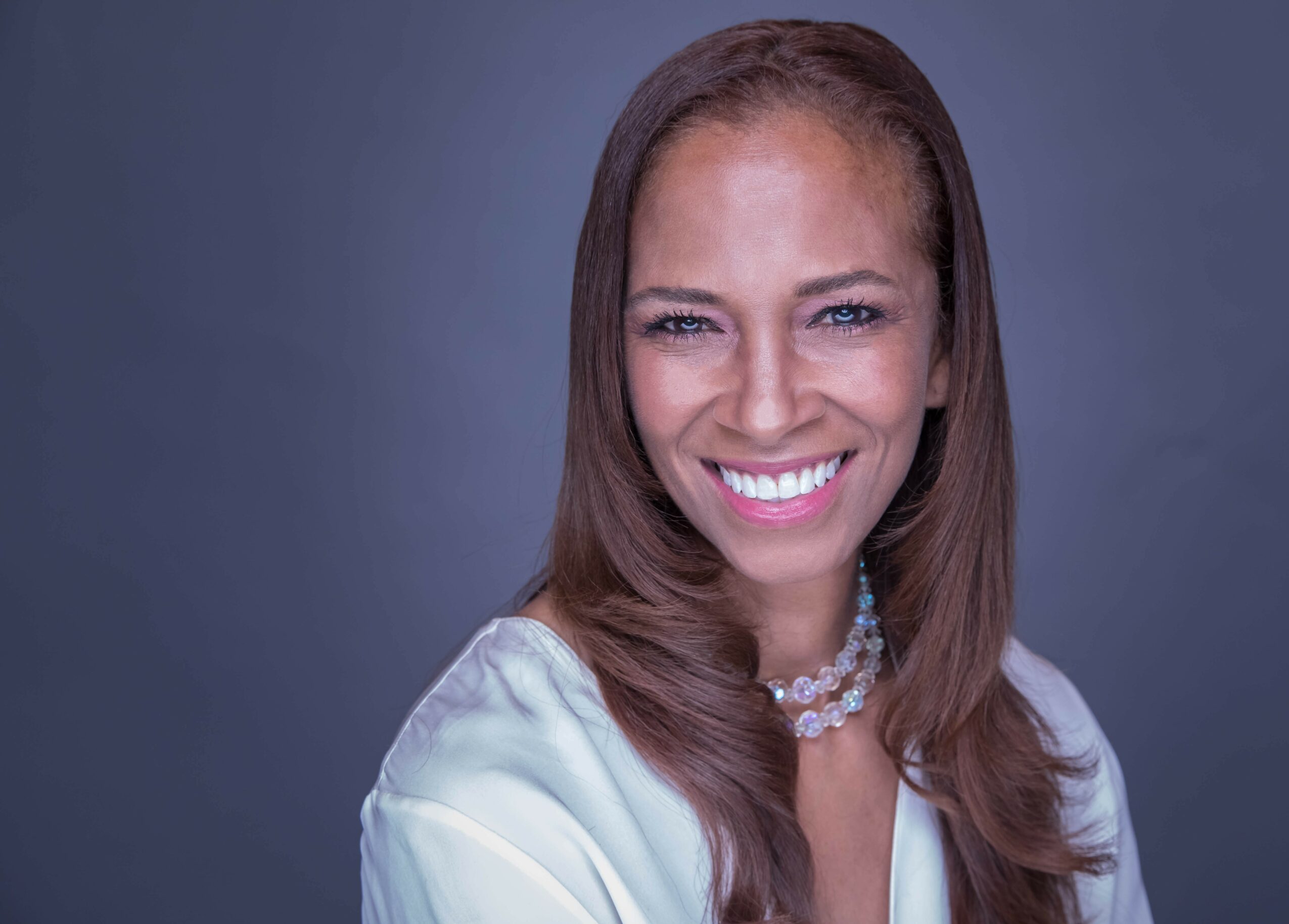
Image Credits
Not applicable










